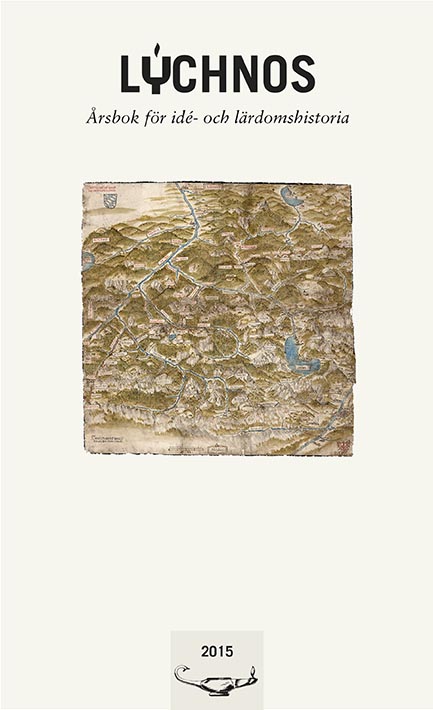Den svenska pressens uppfostran
Pressetik, självreformering och legitimitetsskapande, ca 1900
Nyckelord:
media ethics, history of the press, history of journalism, late eighteenth century, early nineteenth century, Swedish Press CouncilAbstract
This article investigates the making of media ethics in Sweden in the late nineteenth and early twentieth century. It is argued that media ethics can be understood in a Foucauldian sense as a way of governing. From this perspective, the article asks how members of the press conceived of its problems, with what means they tried to resolve these problems, and to what ends. It is shown that the ethical problems conceived by the members of the press included threats both to the general public, and to the press itself. The problems were explained as results of, first, structural circumstances such as the working conditions and the fierce competition between newspapers, second, individual flaws of character and lack of awareness among the members of the press, and, third, the preferences and opinions of the reading public. The solutions involved creating or dissolving cooperation between newspapers or associations, informing writers about ethical problems, punishing individual wrong-doers, as well as attempts to make the reading public more appreciative of the press and its members. These practices aimed at reforming the press according to its own interests, and can thus be understood as a kind of media politics by and for the press itself.
Downloads
Publicerad
Nummer
Sektion
Licens
This work is licensed under a Creative Commons Attribution 4.0 International License. The copyright for the work published in Lychnos remains with the authors.


